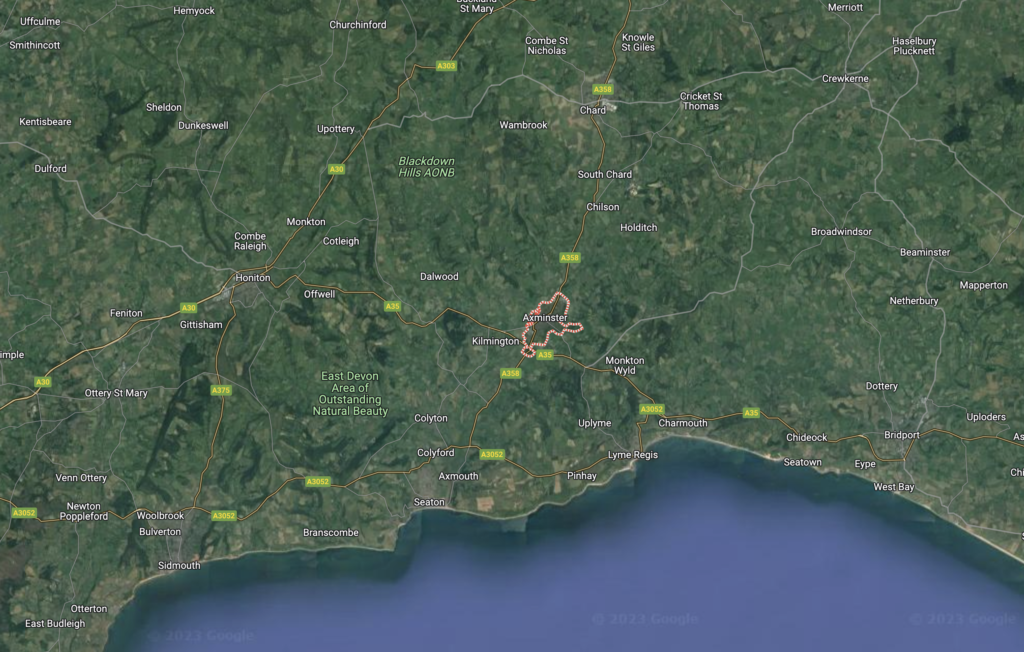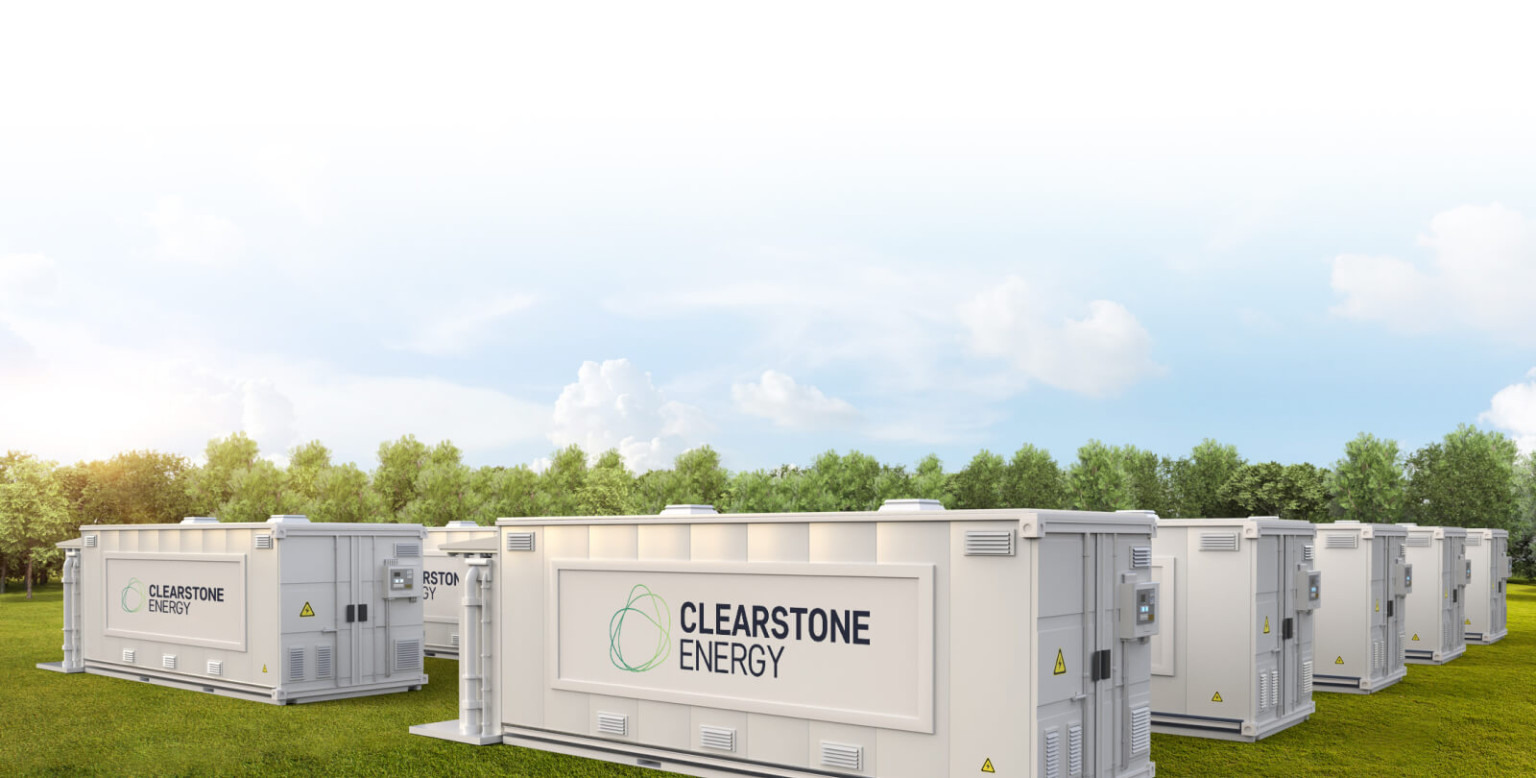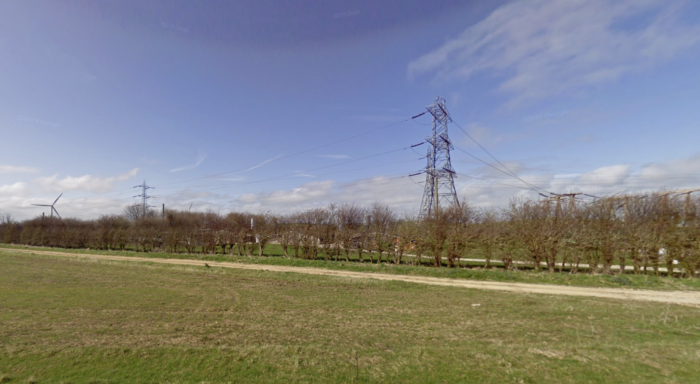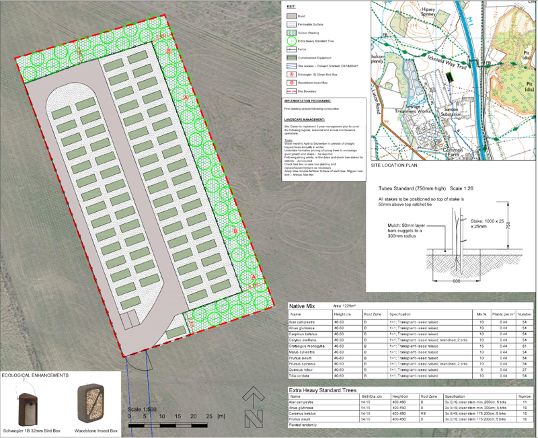Project Status
- Project Design
- Community Consultation
- Planning Application Submission
- Planning Application Decision
- Construction
- Operational
-
Where
Axminster, East Devon
-
What
Battery energy storage
-
Network Connection Capacity
150 MW
-
Equivalent household power use
Four hours power for all 145,000 homes in East Devon when fully charged
-
Annual CO2 emissions saved
36,000 tonnes
-
Targeted Operational Date
2028
-
Project Development Size
4 hectares
-
Project Lifespan
40 years
Clearstone Energy has secured a connection at National Grid’s Axminster Substation, located 4km to the east of Axminster for a battery energy storage project. We are in the process of designing the project before sharing our proposal with the local community for their input.
The South West of England generates more solar energy than any other region of the UK. It is also the furthest point on the transmission network away from off-shore wind farms in the north of England and Scotland. The Axminster Energy Hub project will provide much needed storage capacity to help balance electricity supply and demand across Devon and Cornwall.

Biodiversity benefits
It is estimated that Britain has lost around 50% of its natural biodiversity since the 1970s due to intensive farming, new housing and commercial development.
We design all of our sites to help build back natural biodiversity. On battery energy storage sites we typically allocate some of the site for a dedicated nature restoration area with native planting and new habitats for wildlife such as butterflies, skylarks and hedgehogs. While planting new shrubs and trees around the site boundaries and seeding the areas around the batteries themselves with flower rich grasses. On average, our battery projects achieve a net gain of 20% in biodiversity across the project site.
Community benefits
We want our projects to be a catalyst for the broader adoption of renewable energy and energy efficiency projects within the communities that host them.
The Axminster Energy Hub will offer financial support annually to enable low income households in the community to implement energy efficiency initiatives that would permanently reduce energy bills. Those residents that live closest to the site would receive an electricity bill subsidy payment every year the project is operational so they benefit directly from the energy produced by the project. We would also make funds and support available for community energy projects, such as installing solar panels on community buildings.



